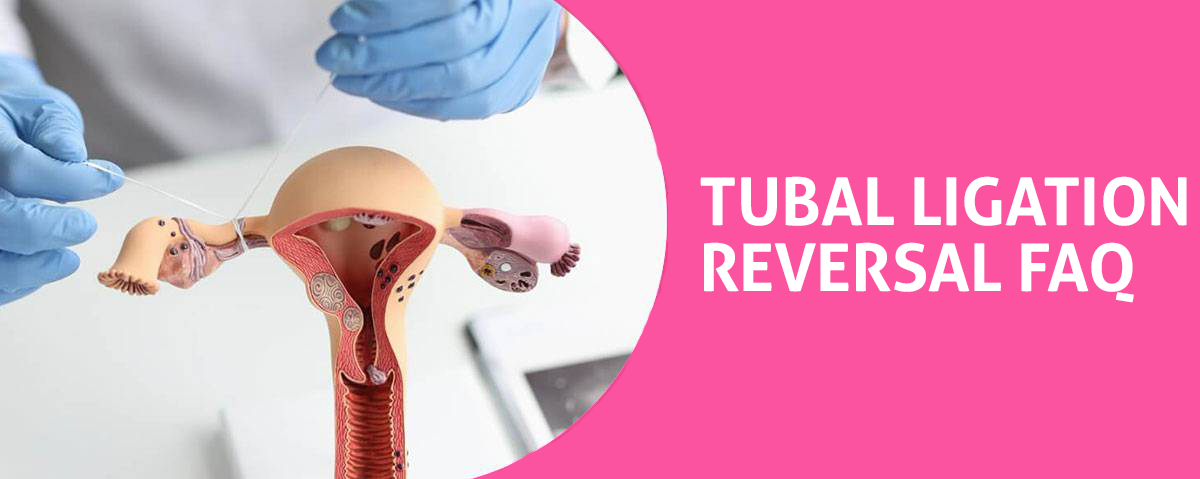How Effective Is the Tubal Ligation With the Clips
You’ll be pleased to find out that tubal ligation with clips boasts a high success rate. Studies show that over 99.5% of women who undergo this procedure remain non-pregnant five years post-operation. However, reversal possibilities do exist, though they’re not guaranteed. The procedure’s success depends on factors such as the woman’s age, overall health, and the method used during the original operation. But be aware, the emotional implications of reversal can be significant. Feelings of regret or desire for more children can occur. It’s important to discuss these aspects with a healthcare professional before deciding. Nevertheless, the efficacy of tubal ligation with clips, coupled with its low complication rate, make it a reliable contraceptive option.
Potential Complications and Risks
Despite its high success rate, there are potential complications and risks you should be aware of with tubal ligation using clips. One such risk is clip migration, where the clip moves from its initial placement location. Although rare, this can lead to internal injuries or ectopic pregnancies. Likewise, damage to the Fallopian tubes can occur during the procedure, potentially causing chronic pain or fertility issues later on. It’s also worth noting that, while the risk is low, tubal ligation is not 100% effective in preventing pregnancy. Thus, while tubal ligation with clips is a generally safe and effective method of permanent contraception, it’s imperative you fully understand and weigh these potential risks against the benefits before proceeding.
Making an Informed Decision
Making your decision about tubal ligation with clips isn’t something you should take lightly. Studies show that decisional regret can occur when this decision is made hastily. Understanding the procedure, its effectiveness, and potential risks are keys to making an informed choice. This also supports patient autonomy, your right to make decisions about your health.
You should consider not only the immediate implications but also the long-term effects. For instance, how will it impact your fertility or hormonal balance? Will it cause discomfort or complications down the line? Your doctor can provide detailed information, but it’s crucial to do your own research too. This helps avoid decisional regret and ensures you’re making a choice that aligns with your personal health goals.
Other Popular Questions About Tubal Ligation Reversal:
How Dangerous Is Tubal Ligation?
How Common Is Weight Gain After Tubal Ligation?
How Common Is Tubal Ligation Failure?
How Common Is Regret After Tubal Ligation?
How Common Is Recanalization After Tubal Ligation?
How Common Is It to Get Pregnant 7 Years After a Tubal Ligation?
How Can You Tell if Your Tubal Ligation Failed?
How Can You Still Have Periods After Tubal Ligation Anatomy?
How Can You Have a Period After Tubal Ligation?
How Can I Tell What Type of Tubal Ligation I Had?
How Can I Reverse Tubal Ligation?
How Can I Prevent Early Menopause After Tubal Ligation?
By using this webiste you agree to Terms and Conditions
